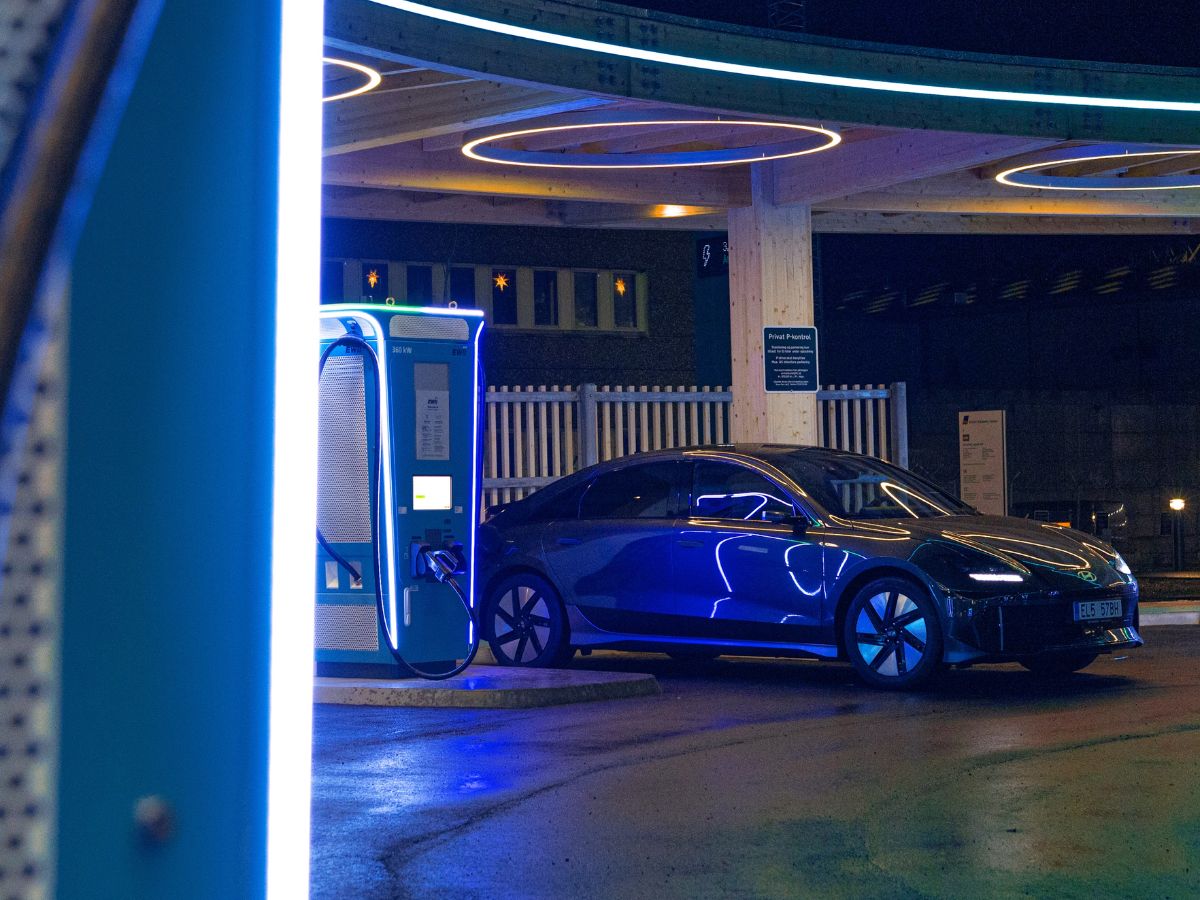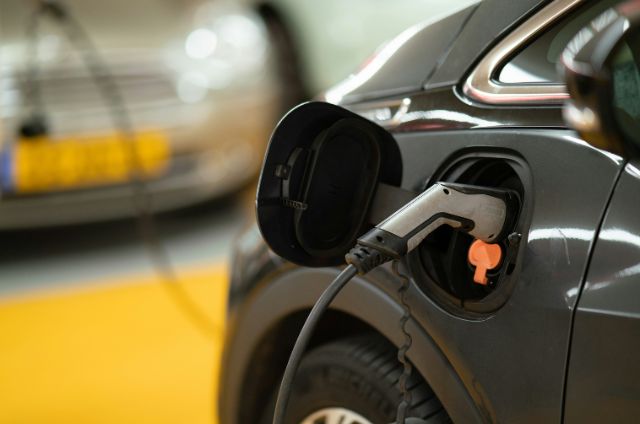Hyundai Motor Group is making a significant push into the electric vehicle (EV) market in North America, with new plans to build the Ioniq 9, a three-row SUV, in the United States. At the company’s CEO Investor Day, Hyundai revealed its strategy for expanding its EV and hybrid vehicle lineup. As they claim, it includes a new type of vehicle bridging the gap between traditional combustion engines and full-electric power. Here’s a closer look at Hyundai’s exciting announcements and their implications for the EV industry.
Hyundai Ioniq 9 To Be Built in Georgia
Hyundai’s newest addition to its EV family, the Ioniq 9, will be manufactured at the new Metaplant facility in Georgia. The model is expected to roll out by the end of the year, strengthening Hyundai’s footprint in the U.S. market. The decision to build the Ioniq 9 in America not only supports local job creation but also aims to make the vehicle eligible for U.S. EV tax credits; offering potential savings to customers.
The Ioniq 9, initially introduced as the Hyundai Seven Concept, will be at the Los Angeles Auto Show later this year. It joins the ranks of other popular three-row electric SUVs, like the Kia EV9.
Introducing EREVs
In addition to the Ioniq 9, Hyundai has announced plans to introduce Extended Range Electric Vehicles (EREVs) in 2026. These vehicles will operate primarily as electric vehicles but will include a gasoline engine used solely to recharge the battery, not to drive the wheels. This hybrid approach offers the benefits of an electric driving experience—such as instant torque and reduced emissions—while alleviating concerns about range and charging infrastructure.
The EREVs will debut as SUV models from both Hyundai and its luxury brand, Genesis, with a target range of over 560 miles on a single charge. Production will begin in North America and China, with a target of 80,000 units per year in North America alone.
Hyundai Hybrid Offerings
Hyundai also plans to expand its hybrid vehicle lineup, adding new models for both the Hyundai and Genesis brands. The move comes in response to a growing demand for hybrids in the U.S. The expansion will take place at the same Georgia plant, allowing Hyundai to swiftly adapt to market needs.
A critical aspect of Hyundai’s strategy is achieving profitability across its entire range of vehicles, from internal combustion engines (ICE) to EVs, by 2030. With plans to launch 21 EV models by the end of the decade, Hyundai aims to provide a wide array of choices to consumers, from affordable options to luxury and high-performance models. This comprehensive approach, along with the innovative EREV models, positions Hyundai to lead in the evolving automotive landscape.
Vision for a Sustainable Future
Hyundai’s announcements highlight the company’s proactive stance in the transition to sustainable mobility. Hyundai’s investments in local production, hybrid offerings, and the innovative EREV show their commitment to leading the shift towards electrification. With the Ioniq 9, Hyundai is setting a new standard for the automotive industry and offering exciting electric options to American consumers.
Hyundai’s approach, combining electric innovation with solutions for range and charging, makes EVs more accessible to everyone. The road ahead is electric, and Hyundai is ready to drive it.



